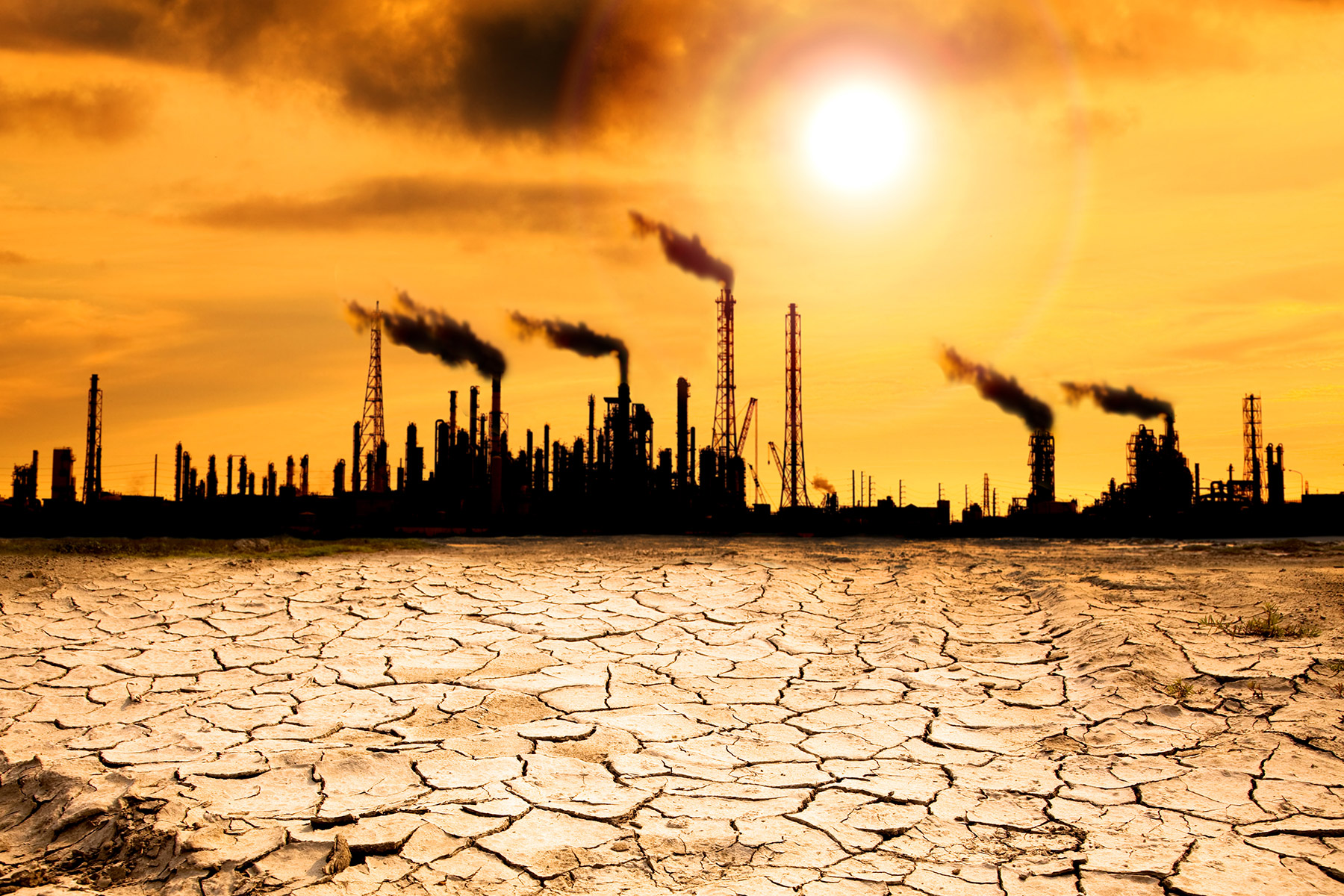Given its support of the The Paris Agreement and a tax on carbon emissions, ExxonMobil Corp.’s current position on man-made global warming is a lot closer to the Sierra Club’s than, say, the Trump administration’s. It hasn’t always been that way, however, and claims that the Irving-based oil giant previously misled the public about climate change are haunting it on a number of fronts today.
Attorneys general in New York and Massachusetts have been investigating Exxon over the past several years, spurred by news reports that the company spread doubt about climate change, despite its own internal research. Exxon, which has called the probes partisan and political, has gone to court to derail them, but to date has been unsuccessful.
One of the legal risks for the company revolves around the allegation that Exxon and its executives misled investors about the effect of policies to curb climate change on its business. In August, the U.S. Securities and Exchange Commission dropped a two-year-old accounting investigation into the company’s valuation of its reserves, and whether it disclosed the risks that climate change and greenhouse gas regulations posed to its assets. News sources, including The Wall Street Journal, were quick to point out that the SEC inquiry, which began during the Obama administration, was closed under President Trump’s newly appointed commission chairman, tempering the public relations value of the vindication.
If there was relief about the SEC decision in Exxon’s C-suite, it didn’t last long. In late August, a federal judge in Dallas denied the company’s motion to dismiss a shareholders’ lawsuit containing similar climate accounting allegations.
With the Greater Pennsylvania Carpenters’ Pension Fund as a lead plaintiff in the matter, represented by Dallas lawyer and former federal judge Joe Kendall, the proposed class-action case includes some of the same allegations being pursued by the blue-state attorneys general.
Specifically, the suit alleges that in 2014, Exxon released a report that set out how the company accounts for the potential for future climate-related regulation in valuing its assets and making decisions about new projects. It assured investors that “we are confident that none of our hydrocarbon reserves are now or will become ‘stranded,’” meaning that they would be required to be left in the ground.
The lawsuit quotes former Exxon CEO Rex Tillerson saying in 2016 that the company factored the cost of climate-related regulation—referred to as proxy costs—into all of its economic models and investment decisions. The suit alleges that statement and others were false and misleading because the company did not apply those climate-related costs to many of its oil and gas projects, and at other times factored in a cost lower than the one it publicly stated it was using. The lawsuit alleges this amounted to securities fraud.
Exxon calls the complaint meritless and baseless, but U.S. District Judge Ed Kinkeade in Dallas ruled that the investors “sufficiently alleged ExxonMobil made material misstatements regarding the company’s use of proxy costs in formulating business and investment plans.” That was not a ruling on the validity of the claims, but it cleared the way for the case to proceed to the taking of depositions and other discovery, and potentially to trial.
As with most complex civil litigation, a number of other challenges and appeals are likely before the Exxon climate change saga moves to center stage in Dallas’ Earle Cabell Federal Building and Courthouse. Exxon in mid-September asked the judge to reconsider his decision and signaled it plans to appeal his ruling before the case goes further. The company argued in its legal brief that the investors lack evidence of the Exxon executives’ mindsets when their allegedly misleading statements were made.
With this and other legal points to be settled, don’t expect Exxon to find relief from its climate-related headaches anytime soon.
Thomas Korosec is an award-winning journalist who specializes in legal and business topics.






